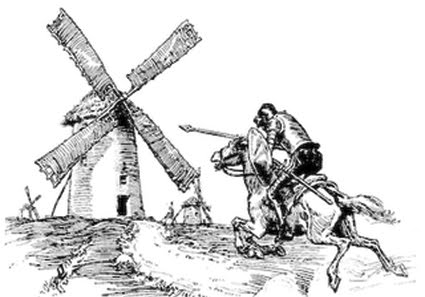Jim Callaghan, the former Labour Prime Minister, died yesterday aged 92.
There is a sympathetic but not sentimental look back at his political life from Shirley Williams in the Independent on Sunday.
Jim Callaghan was the embodiment of British democratic socialism. He was, as Peter Hennessy memorably put it, “a man of 1945”. To become an adult in 1945 meant to be brought up during the Depression, experiencing at first or second-hand soul-destroying unemployment and often miserable poverty. It meant, for many, some kind of wartime service. It meant, too, the hopeful new dawn that followed victory, the inspiration of a new beginning in an old country.
These were Jim Callaghan’s experiences, and the experiences of his generation. For many of his contem- poraries, democratic socialism spelled the difference between the world of their childhood and the world of their adulthood.
Another contemporary, the late Roy Jenkins penned his obituary for the Sunday Times before his own death:
There were few who thought his personality and temperament were not up to the job, yet it would be difficult to say his premiership will rank high.
First, it was not so much too short as ill-placed at the end of the Wilson era. It bears much the same relationship to this as the premiership of Chamberlain (who was also perceived as an improvement) did to the Stanley Baldwin years.
There will be no “age of Callaghan” to look back upon. It will be subsumed into the Wilson age. In a sense this is unfair, for they were very different men. Yet there is a certain rough justice about it.
And Gerald Kaufman in the Sunday Telegraph:
He remained respected in the party, in whose activities he took a close interest. He discussed Tony Blair with me in tones of wonder, exclaiming that Blair said things to the membership that he, Callaghan, would never have dared. But by then Labour had stopped being the kind of movement to which Callaghan had given his life. He was very happy to see Labour in power again, and would have regretted dying weeks too soon to have a chance of witnessing Labour’s first-ever third victory in succession. But, clearly, he did not want to go on living without Audrey.


